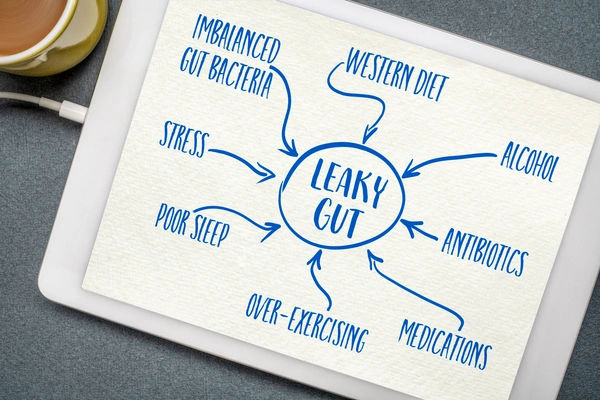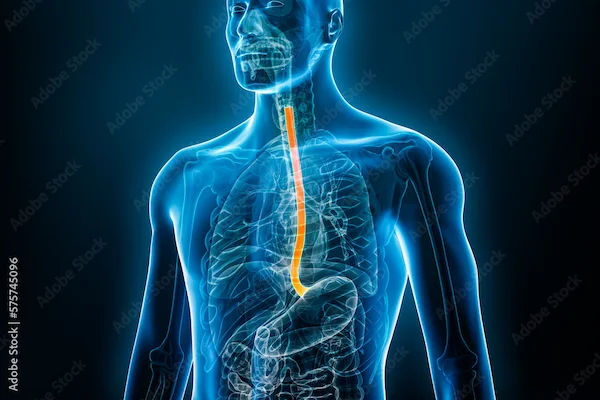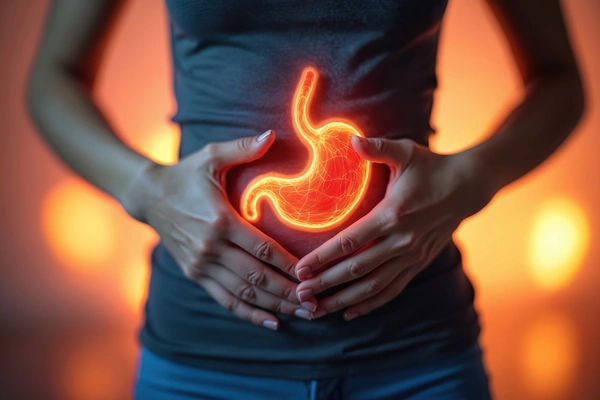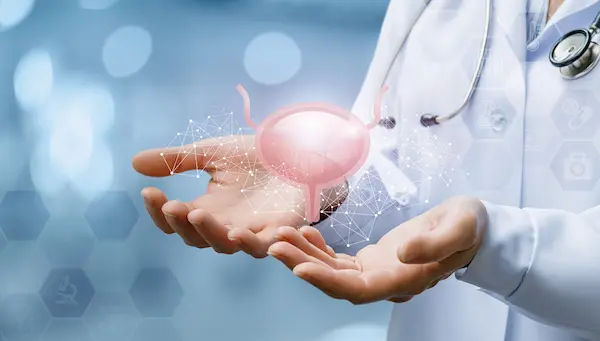- Male
- 26 Years
- 29/01/2025
Can I drink water right after eating a banana, or should I wait a bit? I'm wondering if doing this could cause any digestive issues.
Answered by 1 Apollo Doctors
There is no such indication you have water no problem
Dr. Ranjith Suggests...
Consult a Gastroenterology/gi Medicine Specialist
Answered 04/07/2025
0
0


Ask Apollo
AI powered Health Chatbot
-
Drinking Water After Eating a Banana:
- Drinking water right after eating a banana is generally safe and should not cause digestive issues for most people.
-
Digestion:
- Bananas are soft and easy to digest. Water can aid in the digestion process by helping move food through your digestive tract.
-
No Need to Wait:
- There is no medical requirement to wait before drinking water after eating a banana. Feel free to drink water immediately if you're thirsty.
-
Individual Differences:
- Some might experience mild discomfort if consuming large amounts of water immediately after eating, but this is uncommon and not specific to bananas.
-
Healthy Habit:
- Staying hydrated is important, so drinking water with or after your snack is generally beneficial.
If you notice any unusual digestive symptoms like bloating or discomfort consistently, consider discussing with a healthcare provider. Otherwise, enjoy your banana and water without worry.
Answered 20/08/2025
0
0
More Gastroenterology/GI medicine Health Queries
View allI'm trying to understand what a grade 2 fatty liver means. My liver is normal in size but it shows a diffused coarse increase in homogeneous echotexture. Should I be worried about this, and what can I do to improve my liver health?
Grade 2 fatty liver indicates a moderate level of fatty infiltration in the liver. In your case, where the liver is normal in size and shows diffuse coarse increased homogeneous echotexture, it is important to make lifestyle modifications to improve liver health. You can take Ursodeoxycholic acid (UDCA) to help manage the fatty liver condition. Additionally, incorporating a healthy diet, regular exercise, and avoiding alcohol can also help improve liver function.
Answered by 1 Apollo Doctors
I'm really worried about my friend. She had quite a bit to drink last night like 6 vodka shots and a few whiskies. She vomited then, which seemed like just from drinking too much. But now, it's the next day and she can't keep any food down. Whenever she tries to eat, she pukes it all up. She insists she's okay, but it's really concerning. Is this something to be worried about? Could it be serious?
Your friend may be experiencing symptoms of alcohol poisoning, which can be very serious. Since she is unable to keep any food down since this morning, it is important to seek medical help immediately. She may need intravenous fluids to rehydrate and medications to help with nausea and vomiting. Please take her to the nearest emergency room as soon as possible for evaluation and treatment.
Answered by 1 Apollo Doctors
I've been noticing that I sometimes exhale hot air and feel a slight burning sensation in my chest. Is this something to worry about? Occasionally, I also feel a bit light-headed. Just wondering if this is normal or if I should get it checked out.
Feeling like you're exhaling hot air with a slight burning sensation in your chest, accompanied by lightheadedness, is not typical. Although it might not be a cause for immediate concern, it's essential to explore possible explanations. _Possible Causes_ 1. _Acid reflux_: Gastroesophageal reflux disease (GERD) can cause stomach acid to flow up into the esophagus, leading to a burning sensation in the chest. 2. _Heartburn_: Similar to acid reflux, heartburn can cause a burning sensation in the chest, especially after eating. 3. _Asthma or COPD_: Respiratory conditions like asthma or chronic obstructive pulmonary disease (COPD) can cause shortness of breath, wheezing, and a burning sensation in the chest. 4. _Anxiety or panic attacks_: Anxiety or panic attacks can cause rapid breathing, lightheadedness, and a sensation of burning or tightness in the chest. 5. _Other medical conditions_: Certain medical conditions, such as pneumonia, bronchitis, or pulmonary embolism, can also cause these symptoms. _What to Do Next_ 1. _Consult a doctor_: Schedule an appointment with your primary care physician to discuss your symptoms. 2. _Monitor your symptoms_: Keep a journal to track when your symptoms occur, how long they last, and any potential triggers. 3. _Avoid triggers_: If you suspect that certain foods, activities, or situations trigger your symptoms, try to avoid them. Remember, it's always better to err on the side of caution when it comes to your health. Seek medical attention if you experience: - Severe chest pain or pressure - Difficulty breathing - Dizziness or fainting - Severe lightheadedness
Answered by 1 Apollo Doctors
Disclaimer: Answers on Apollo 247 are not intended to replace your doctor advice. Always seek help of a professional doctor in case of an medical emergency or ailment.

 Can drinking water after eating a banana cause bloating?
Can drinking water after eating a banana cause bloating? 



.webp)